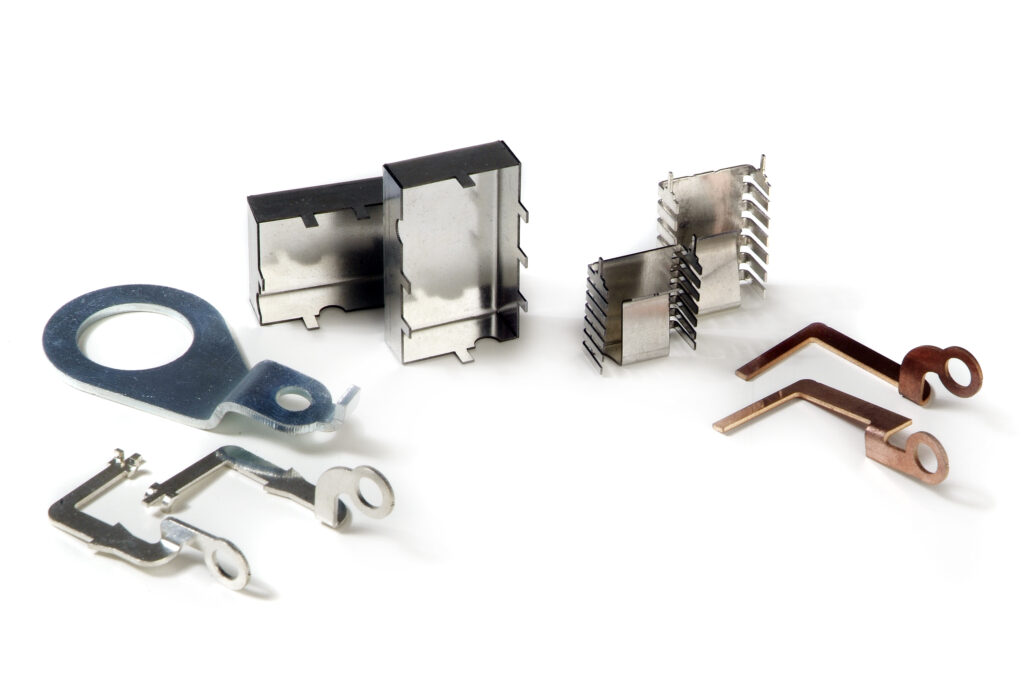Mass production is a common method for manufacturing large quantities of standardized products at low costs. However, mass production has some limitations, such as the lack of customization, the high initial investment, and the difficulty to adapt to changing market demands.
For some businesses, especially those that operate in niche markets or require high-quality products, mass production may not be the best option. Instead, they may benefit from small series production: a flexible and reliable method that compensates for the cost or absence of customization associated with mass production.
Small series production is a service that focuses on manufacturing a number of different products in smaller quantities. Priority is given to variation, agility, and the ability to respond quickly to opportunities. Small series production can offer several advantages, such as:
- Customization: Small series production allows businesses to tailor their products to the specific needs and preferences of their customers. This can enhance customer satisfaction and loyalty, as well as create a competitive edge in the market.
- Innovation: Small series production enables businesses to experiment with new ideas, designs, and technologies without risking too much time or money. This can foster innovation and creativity, as well as improve product quality and performance.
- Flexibility: Small series production allows businesses to adjust their production volume and variety according to the market demand. This can reduce inventory costs, avoid overproduction or underproduction, and increase customer satisfaction.
In Smartech, we offer small series manufacturing services for mechanical products. We work with laser-sintering: an economic process for the production of small series that is able to produce models and functional samples with high precision. This technology allows us to produce complex geometries and intricate details that are difficult or impossible to achieve with conventional manufacturing methods. It can also use various types of materials, such as metals, plastics, ceramics, or composites.
Want to know more about it? Let’s talk! Contact us.

